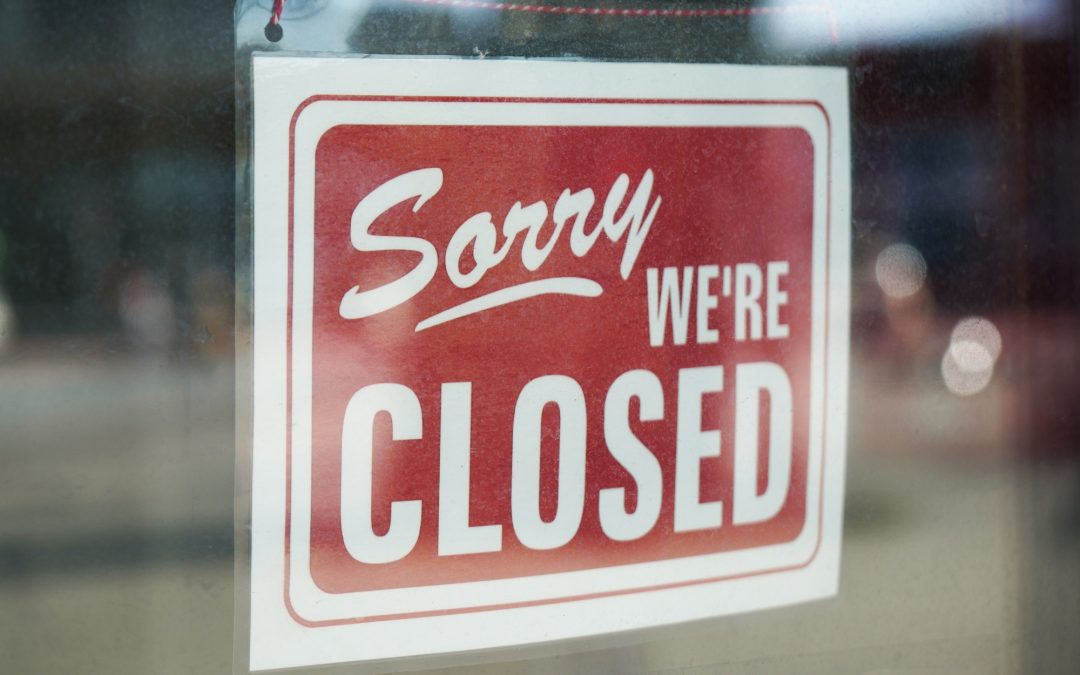By Arianna Ashby
For several years now, there have been growing retail pharmacy tensions, leading to concerns of reliability surrounding retail pharmacies and their ability to serve the workers’ compensation industry. Injured workers traditionally faced unique challenges in accessing their prescriptions and now retail pharmacies are mounting additional hurdles for injured workers, including staff burnouts, diminished reliability, and escalated closures.
At the end of 2023, the retail pharmacy industry witnessed the ‘Pharmageddon’ protest, a grassroots movement organized by retail pharmacists and technicians dissatisfied with the working conditions at the major retail pharmacy chains. They cited issues like understaffing, overwhelming workloads, undue performance pressures, and concerns regarding patient safety, each directly linked to the core responsibilities of providing patient care within a pharmacist’s role.
In addition to dissatisfaction of retail pharmacists, drugstore chains consistently announce the closure of thousands of retail stores. At the beginning of 2024, CVS continued to shutter storefronts, including pharmacies inside Target locations. This year’s closures began in February, and by the end of 2024, 300 CVS stores will be closed. Once completed, these closures that launched in 2021, will see 900 or 10% of its stores shut down.
CVS is not the only chain retail pharmacy facing closures. In October, Rite Aid filed for bankruptcy, and since closed over 520 of its stores nationwide. In June, they announced plans to close 27 additional stores. In late June, Walgreens announced plans to shutter additional stores, implying they may cut as many as 25% of the chain’s approximately 8,600 stores.
While Walgreens has not stated affected locations, closures of the chain may disproportionately affect Florida, where more than 800 Walgreens stores reside in 349 cities—the highest number of any state. With approximately 9% of all Walgreens pharmacy locations in the United States situated in Florida, the state is particularly vulnerable to these anticipated closures.
Hardships within the retail pharmacy industry are anticipated to get worse, placing injured workers in a precarious position. “The challenges retail pharmacies face disproportionately affect our most vulnerable patients—which includes workers’ compensation patients,” says Neil Welch, Senior Director of Clinical Operations and Business Strategy at Injured Workers Pharmacy (IWP). “With less pharmacies to go to and less pharmacists to help them, these patients are a greater risk to not receive needed treatments.”
The retail pharmacy industry already lacks knowledge and experience in the workers’ compensation system and pairing this with staffing constraints and reduced hours of operation should raise red flags for injured workers. Alternative options for reliable prescription care should be explored. Pharmacies like Injured Workers Pharmacy specialize in serving workers’ compensation patients and provide individual support to injured workers through every step of the claims process, from referral to Rx delivery. IWP also provides reliable at-home delivery services with no up-front or out-of-pocket costs to the patient. Unlike retail pharmacies, independent and niche pharmacies, like IWP, can provide expertise and individualized attention to guarantee injured workers receive their prescriptions.

